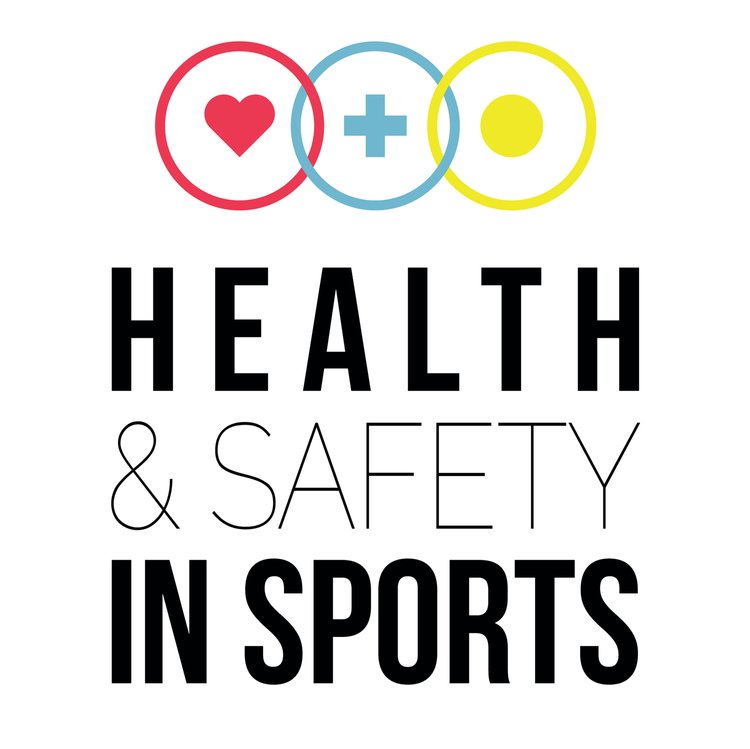PROJECT PARTNERS
MudSweatTrails
Tilburg Ten Miles
FUNDING
This project is funded through the CAPES Foundation, a public foundation established in 1951 within the Ministry of Higher Education, as a Brazilian government agency awarding scholarship grants to graduate students at universities and research centers in Brazil and abroad.
BACKGROUND
Physical inactivity is a leading risk factor for mortality and, consequently, it is a global Public Health concern. Running is a popular mode of physical activity and it is perceived as easy to perform, it has a social component, and it is relatively inexpensive, time-efficient and easily accessible. Running promotion is, therefore a way to yield a healthier lifestyle. However, running participation carries a substantial risk of injuries, which can vary through different running populations. Injury is an important barrier to reach the health benefits of running, since it can impact on the physical activity participation. Furthermore, running injuries can cause an economical burden related to direct and indirect health costs.
OBJECTIVES
The objectives of this project are: (1) to summarise the evidence about the health benefits of running on biomedical health-indicators; (2) to summarise the evidence about the prevalence and incidence of the main running injuries; (3) to investigate the prevalence, nature and economical burden of running injuries in two different populations (trail and novice runners); and (4) to use the Knowledge Transfer Scheme (KTS) as a way to develop a strategy to implement in practice the current knowledge on running injury prevention.
METHODS
Two systematic reviews were conducted in order to investigate the objectives 1 and 2. Two prospective cohort studies have been conducted to investigate the objective 3: one in a sample of trail runners (6 months of follow-up), and the other in a sample of novice runners (18 weeks of follow-up). A prospective cohort study will be conducted in order to investigate the objective 4 following the KTS framework.
POSTERS AND PRESENTATIONS
Poster @ACSM annual meeting 2016, Boston
Recent posts








Despite several studies that have been conducted on running injuries, the risk factors for running-related injuries are still not clear and the literature seems unable to provide a clear answer. As such, the aim of this systematical review was to summarize the results of prospective cohort studies that investigated the risk factors for running injuries in general.